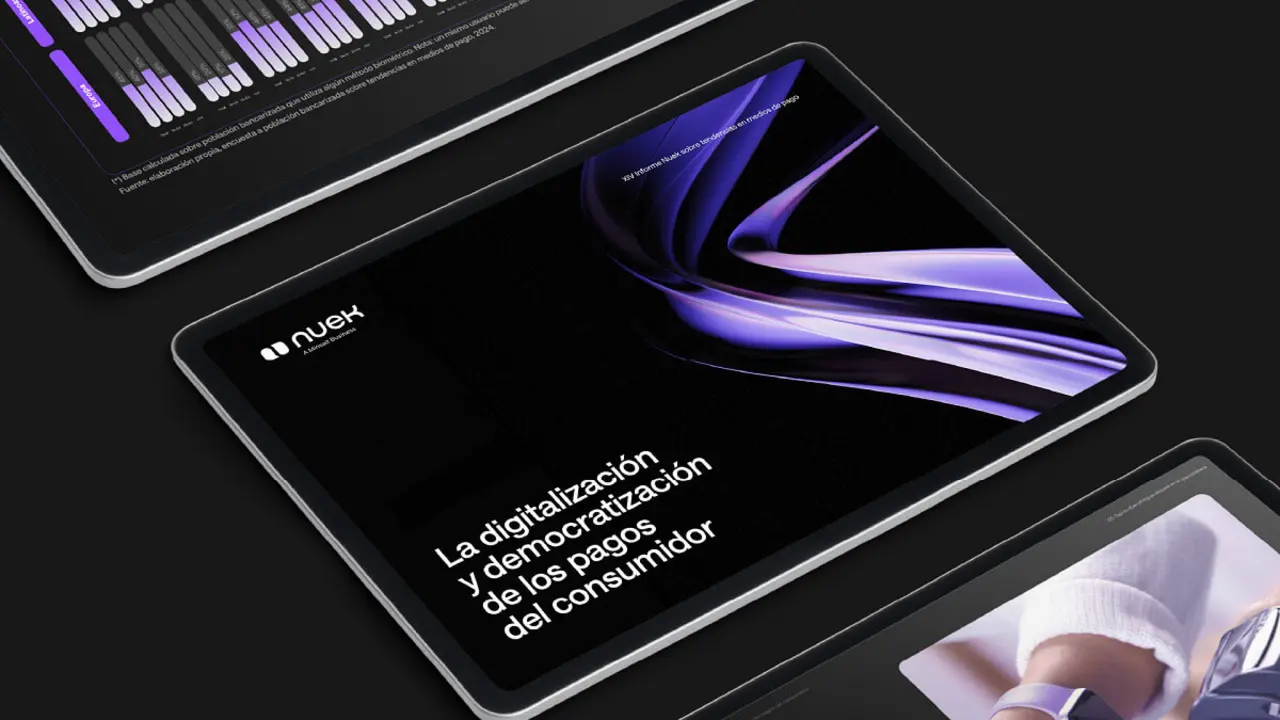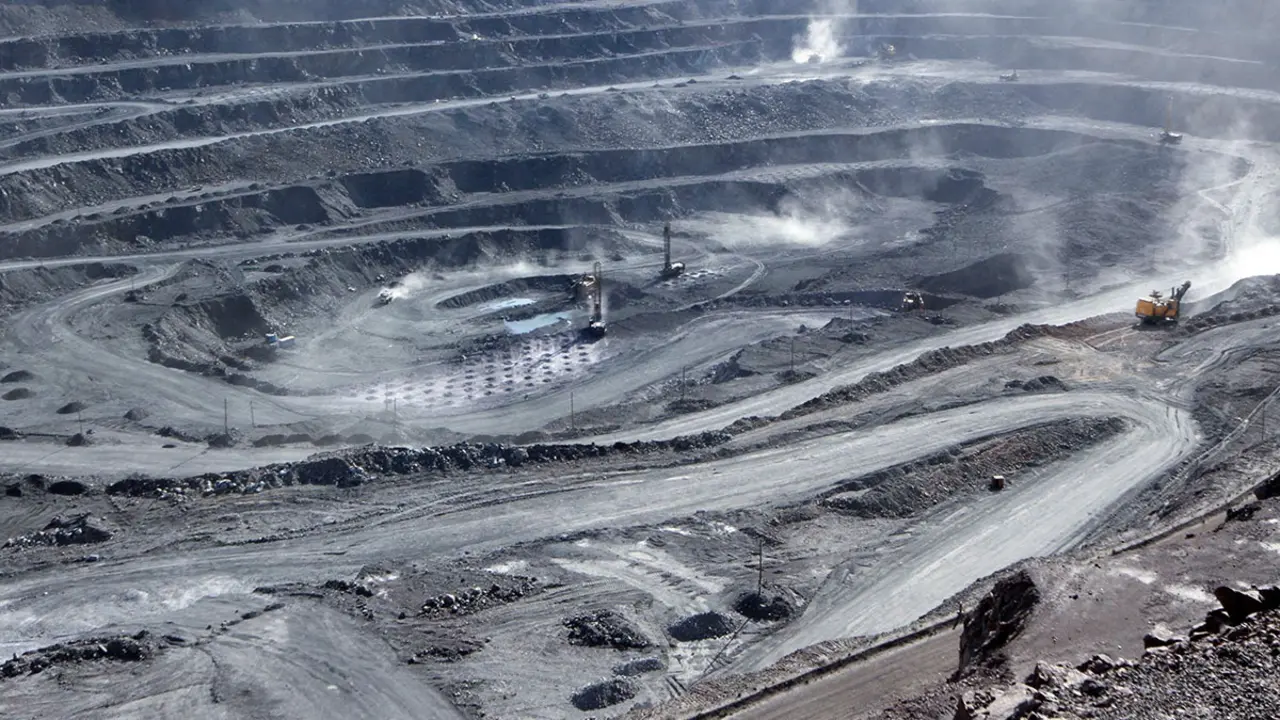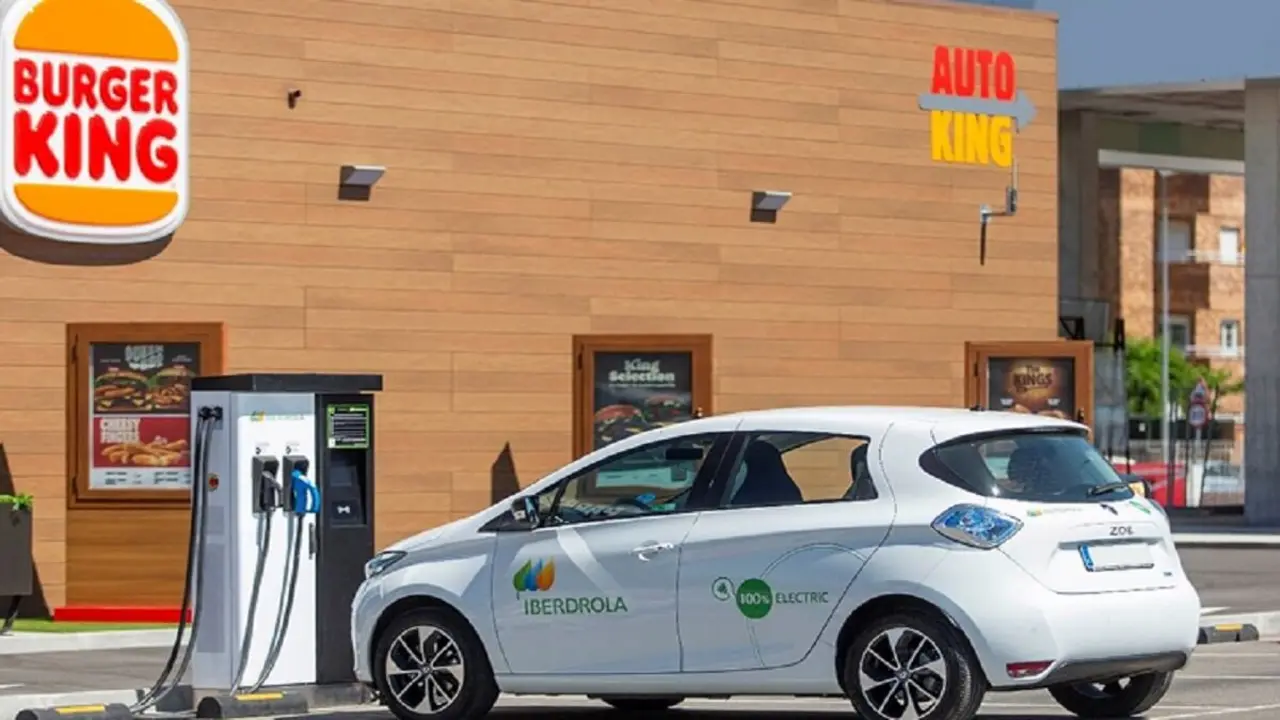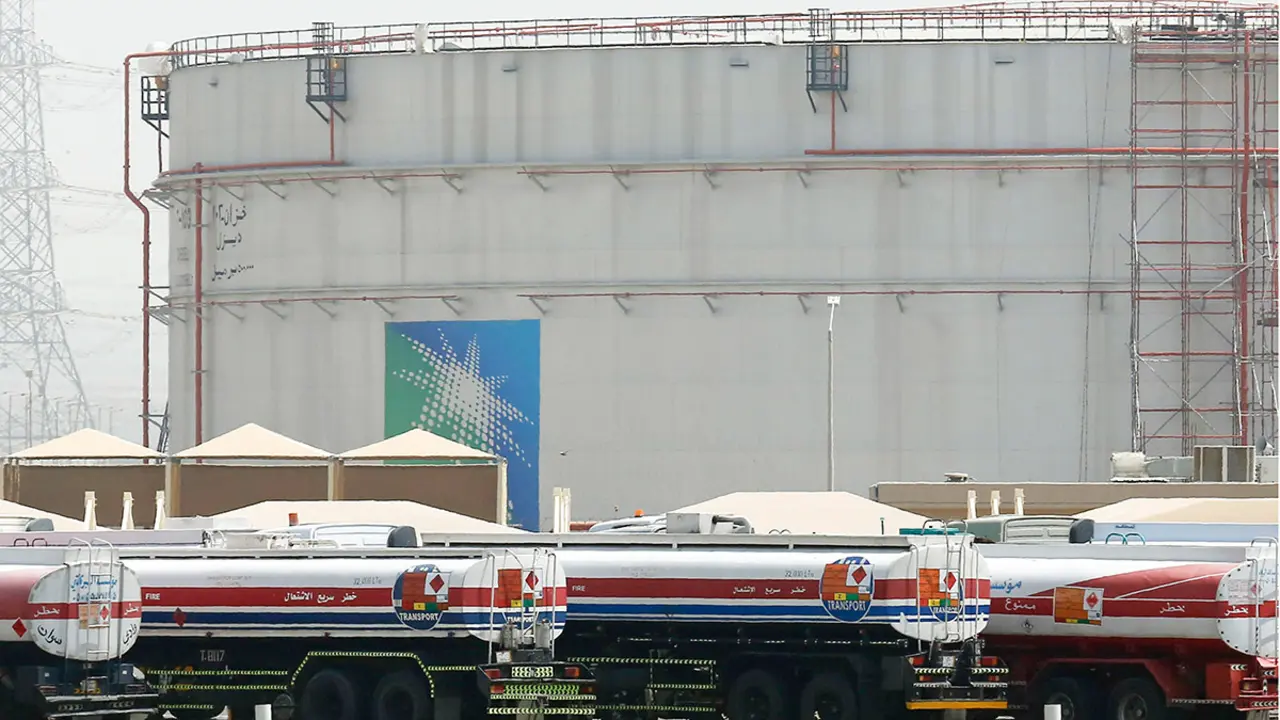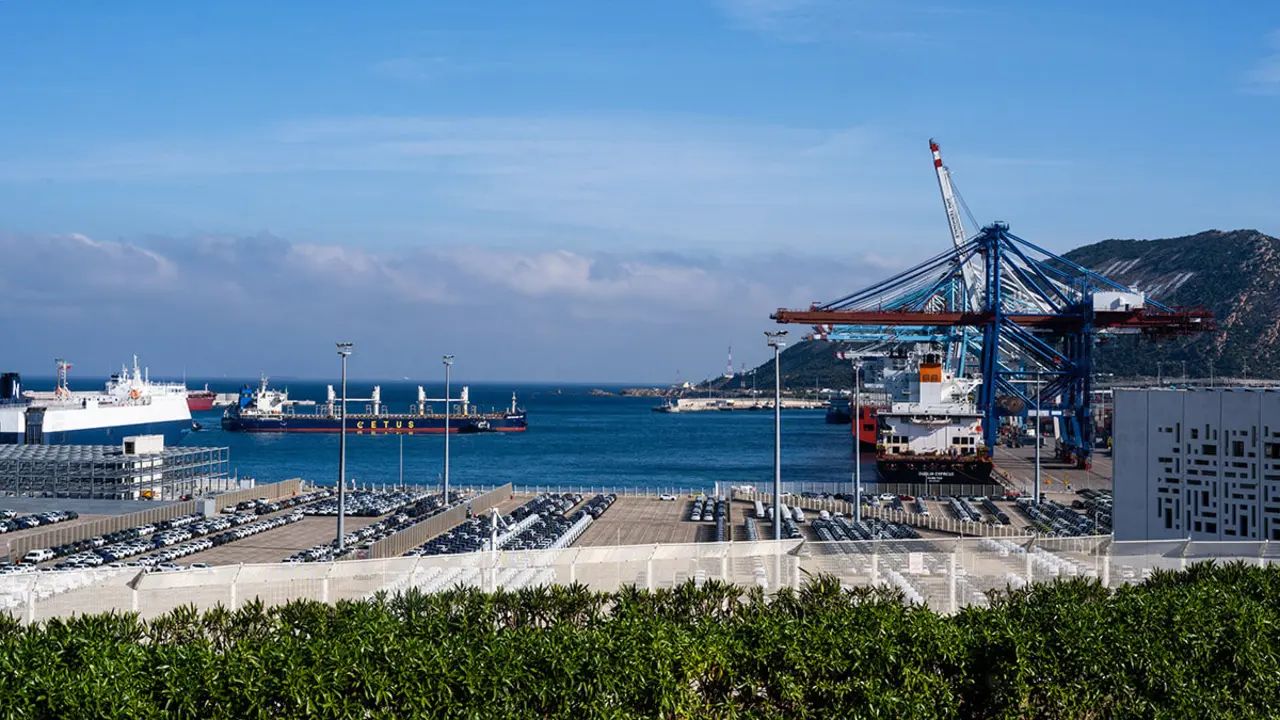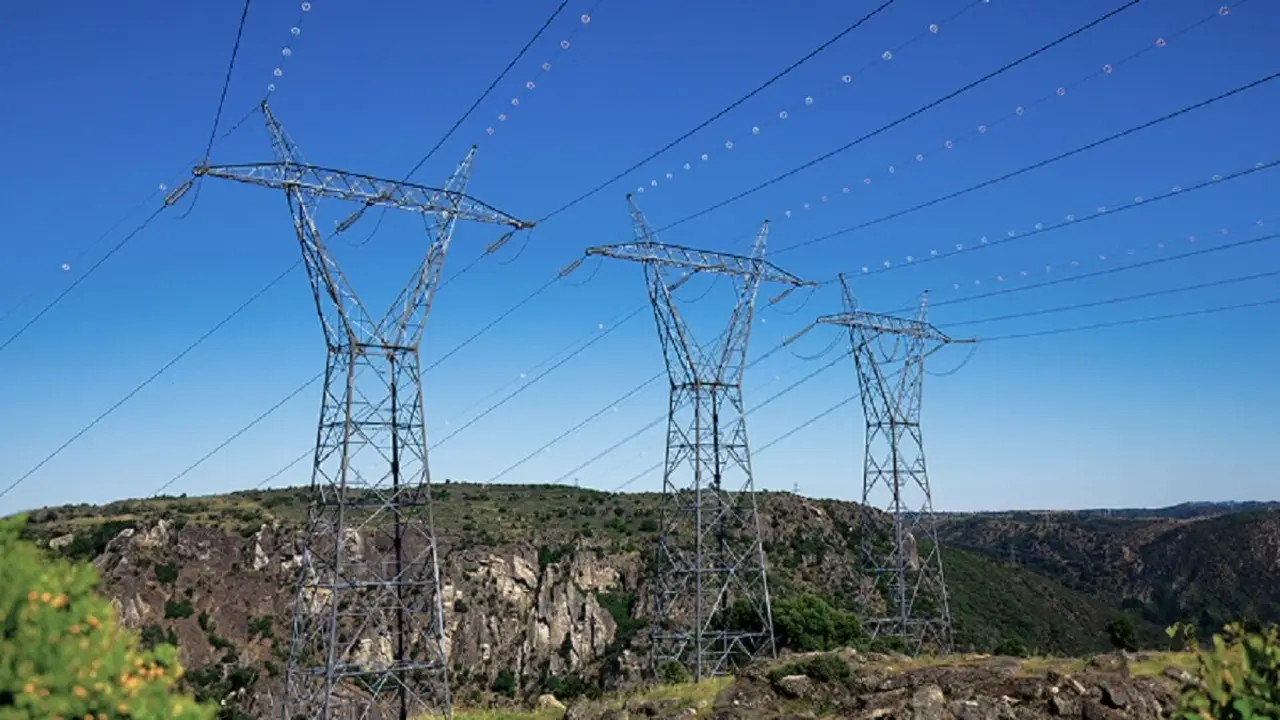The future of Morocco's energy independence

The Institute for the Development of Fuel and Energy Technologies (IRTTEK) recently conducted an interview with Ghalia Mokhtari, a lawyer and energy policy advisor at Morocco's Strategic Intelligence Institute. Through this communication, the institute wanted to know the future prospects for Morocco in the renewable energy sector.
The Kingdom has set its sights on becoming the main source of green energy in Europe in order to move away from its current dependence on Russian fossil fuels and try to break into the ranks of the world's major powers.
She believes that, given its geographical position and optimal climatic conditions for green energy production, Morocco has great potential to become a major player in the renewable energy sector.
"With these factors in mind, the Office National d'Electricité (ONE) announced 19 years ago a $3.4 billion development plan focused on renewable energies.
Four years later, in 2008, the country went a step further in the development of clean energy and announced a complete overhaul of the national energy production system, in which solar energy will play a key role, along with wind and green hydrogen production".
Ghalia also talked about the country's specific goals in this project, announcing that by 2050, it aims to have evolved the way the country consumes energy from 90% imported energy from abroad to 80% local energy.
Although currently around 40% of the country's electricity is generated by coal, by 2050 the aim is to have overcome this situation.
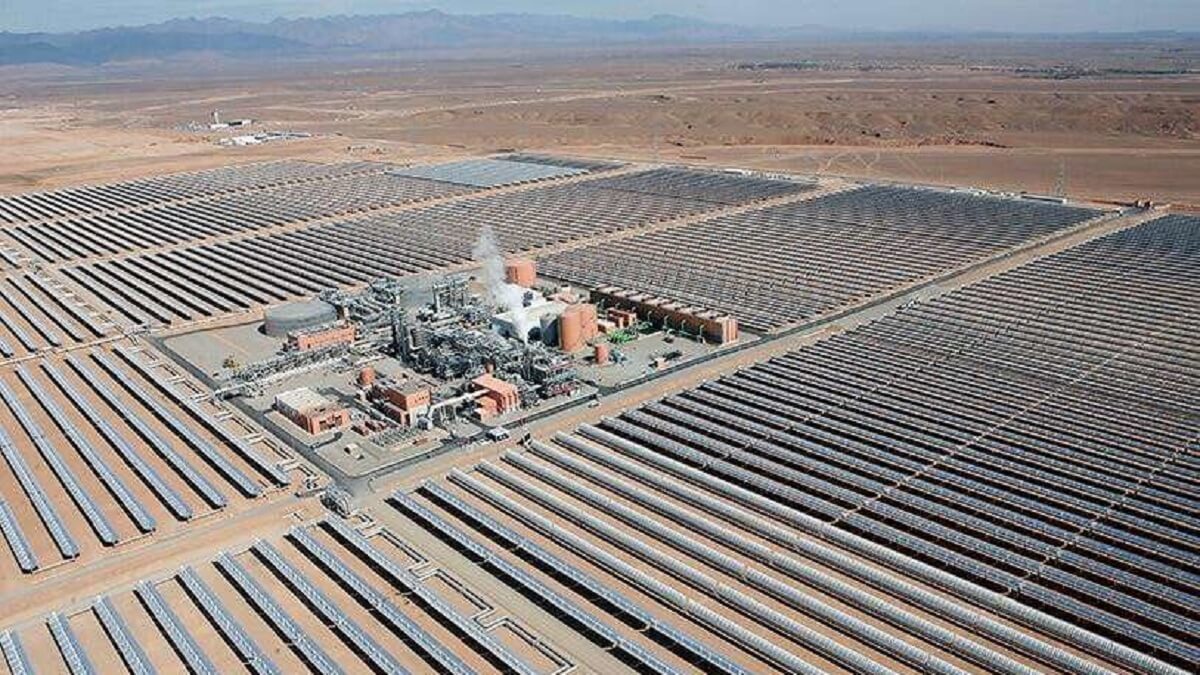
The expert commented that "Morocco's new energy plan is expected to be based mainly on clean energy, and coal power is known to be a highly polluting industry, which is incompatible with Morocco's goal of achieving a totally clean generation system by 2050. This is why the Kingdom has taken a number of decisions in this regard".
Among these initiatives is a commitment not to build new coal-fired power plants, a decision taken at the COP26 climate conference in Glasgow in November 2021.
Another decision was to declassify the shares of coal mining companies on the market from 2044. This is intended to give companies a warning that they should move towards new energy production alternatives, especially green hydrogen energy. With this measure, it is hoped that the remaining power plants can be converted into storage centres to save energy.
In terms of cost, "these plans come at a high price: decarbonising the industry will require a large investment of around $46.3 billion due to the need for more accurate storage technology and new renewable energy transport infrastructure. These projects are also expected to boost employment, as more than 39,000 jobs will be created to meet these targets."
Although Morocco currently relies mainly on Spain, the United States and Russia for fossil fuels, it is expected to gradually increase its efforts to reduce non-renewable energy by 2050 and focus on green hydrogen.
Green hydrogen is obtained without generating polluting energies, and can be created from renewable energies such as solar or wind power. In this way, Morocco will finally have the longed-for green energy independence.

